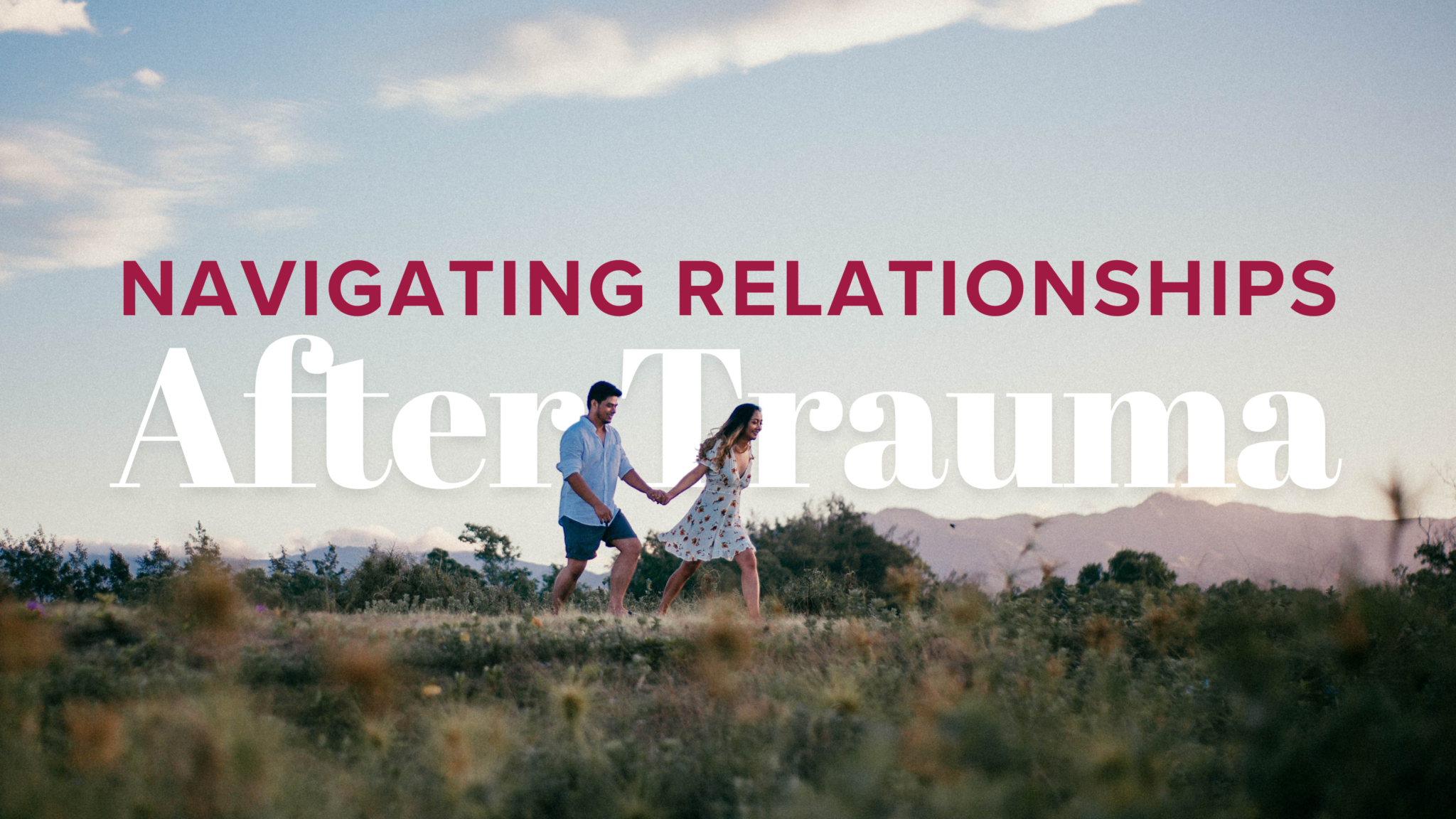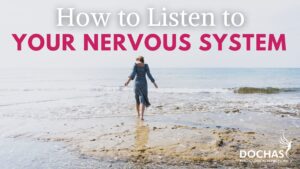Building relationships can be challenging for anyone, especially as an adult when you’re not in school anymore and there are less opportunities to meet new people. When you’ve experienced significant trauma, forming connections can feel even more daunting. How are you supposed to build trust and intimacy when your past experiences have left deep emotional scars?
It’s Kim on the blog – I’d like to explore how trauma impacts relationships and what you can do to navigate these challenges. Understanding how it affects thoughts, feelings, and behaviours is so important for fostering healthy connections. You can watch my video here:
How Trauma Impacts Relationships
Trauma doesn’t just affect one aspect of your life—it can impact all of your experiences. It influences how you think, feel, and behave, which inevitably spills over into your relationships.
One of the main ways trauma affects relationships is by altering your brain’s processes. After trauma, it may be harder for you to make decisions and recall memories. This is because trauma can keep you in a state of anxiety or numbness, which makes it difficult for your frontal lobe to work effectively.
As a result, you might struggle with normally simple tasks like deciding where to go for dinner or recalling important details, which can lead to frustration or misunderstandings with your partner.
Common Responses to Trauma
If you or your partner has experienced trauma, you might notice that certain behaviours and emotional responses strain your relationship.

Here are a few common examples of responses that someone who has been through trauma might experience:
- Avoiding social situations because the world doesn’t feel safe anymore.
- Negative self-talk.
- Hyper-vigilance (constantly feeling on edge).
- Difficulty experiencing or expressing positive emotions like happiness or peace.
These emotional responses can create a barrier in relationships, which makes it hard for partners to connect on a deeper level.
Root Causes of These Behaviours
It’s important to remember that these behaviours aren’t about being difficult or distant on purpose. They stem from the brain trying to protect itself after trauma. The person’s system is trying to cope with an unresolved threat, even if there’s no current danger. This can lead to a disconnect between what is logically known and what is emotionally felt, causing friction in relationships.
For partners of trauma survivors, it can be confusing and upsetting to be shut out or distrusted. However, it’s crucial to know that these responses aren’t a reflection of you or the relationship – it’s a manifestation of the trauma.
Moving Forward
If you’ve experienced trauma and are struggling in your relationships, your body is doing its best to protect you, you are not broken. With the right support and strategies, you can have healthy, fulfilling relationships again.
In a future blog, I will explain specific strategies that can help you and your partner navigate these challenges. In the meantime, if you or someone you know is struggling with this, please reach out at 780-446-0300 or info@dochaspsych.com – we would be happy to work with you.
About Dóchas Psychological
Dóchas Psychological Services is a well-established and trusted therapy clinic located in Spruce Grove, Alberta. At Dóchas we value the idea that everyone deserves a safe space. Through connection and education, our team works hard to build a trustworthy relationship with each of our clients. It is our goal to create a community for our clients to feel like they belong.
Disclaimer
Information provided through Dóchas Psychological Services blogs or vlogs is meant for educational purposes only. They are NOT medical or mental health advice. You can read more about our disclaimer here.









